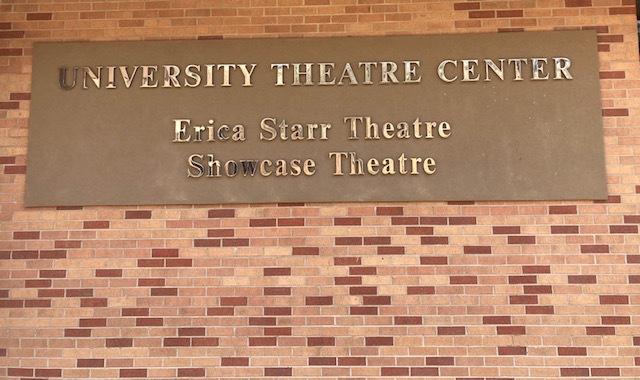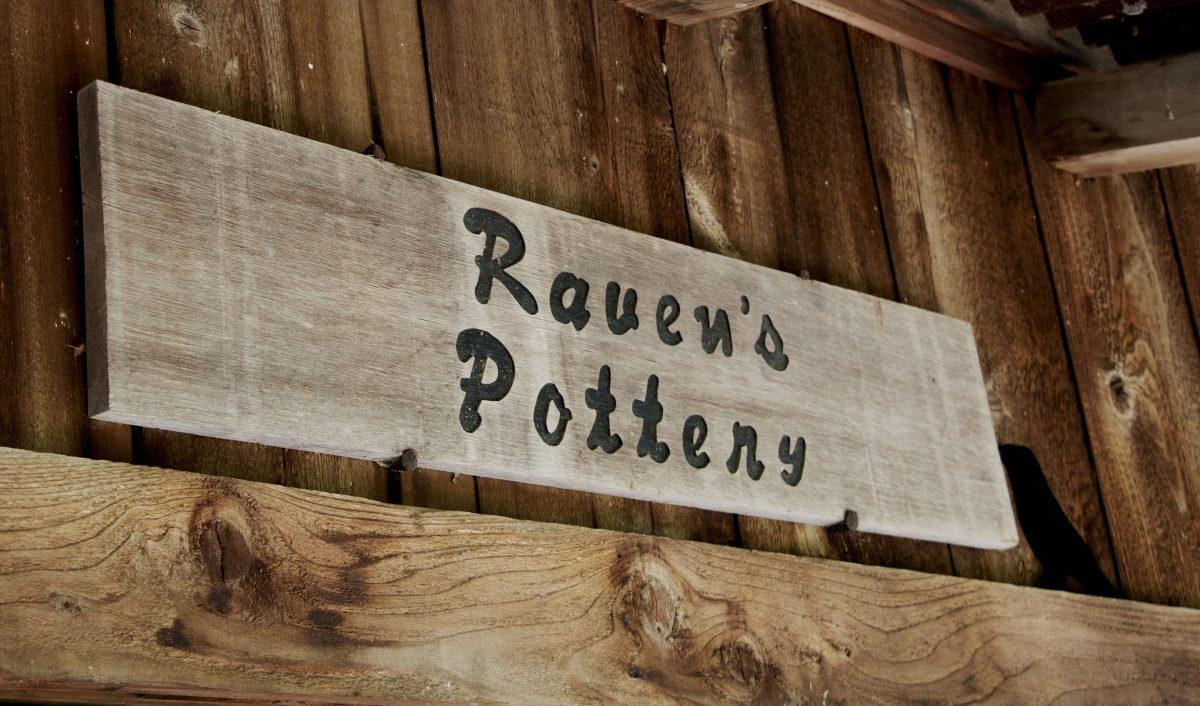On November 4, the campus police got a report of an assault going on in the vicinity of the University of Houston, where a man was attacking a woman with a knife in a loading dock behind a campus building next to the school of theater and dance. When the campus officer got to the scene, he pulled out his gun and yelled at the students to stop what they were doing and get on the ground. Upon investigation, it was discovered the students were in fact rehearsing for a scene in a play, and the “weapon” was a script. During the next few days, a decision was made during a faculty meeting to introduce a new policy in which students would wear a vest to identify themselves in case a similar situation were to occur.
In theory, a policy that protects students in similar situations should work, as with the vests, police will be able to identify theater students when they are rehearsing in public. When students at UH received the vests, they went up to the administration office and spoke to the dean to express their concerns, and the policy was scrapped. The administration later declared that this policy didn’t solve the core issue that the university doesn’t provide a safe space for students to rehearse in public. The policy might have been removed, but it brought up a question: do schools and universities need to write down a policy that protects students in case a similar situation were to occur?













